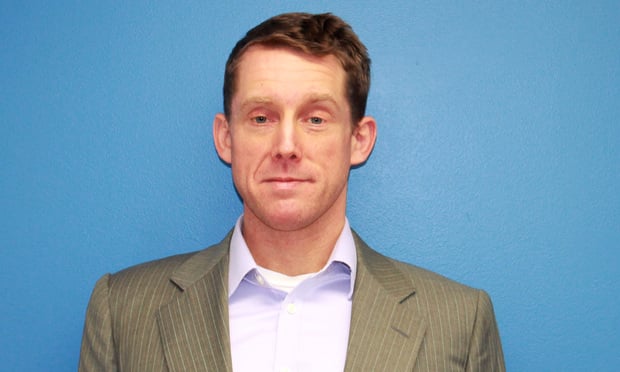Dan Barrett has been an American Civil Liberties Union attorney for 12 years, serving as legal director for the Connecticut branch for the past five years in what the organization sees as often tumultuous times for civil liberties.
The Connecticut ACLU has been busy in recent months lending its name to a class action lawsuit calling for the release of many of the state’s prisoners due to the COVID-19 pandemic. The organization has also been forceful in its disapproval of how former Hartford State’s Attorney Gail Hardy handled four police-involved shootings.
This content has been archived. It is available through our partners, LexisNexis® and Bloomberg Law.
To view this content, please continue to their sites.
Not a Lexis Subscriber?
Subscribe Now
Not a Bloomberg Law Subscriber?
Subscribe Now
LexisNexis® and Bloomberg Law are third party online distributors of the broad collection of current and archived versions of ALM's legal news publications. LexisNexis® and Bloomberg Law customers are able to access and use ALM's content, including content from the National Law Journal, The American Lawyer, Legaltech News, The New York Law Journal, and Corporate Counsel, as well as other sources of legal information.
For questions call 1-877-256-2472 or contact us at [email protected]

 ACLU of Connecticut Legal Director Dan Barrett. Courtesy photo
ACLU of Connecticut Legal Director Dan Barrett. Courtesy photo








